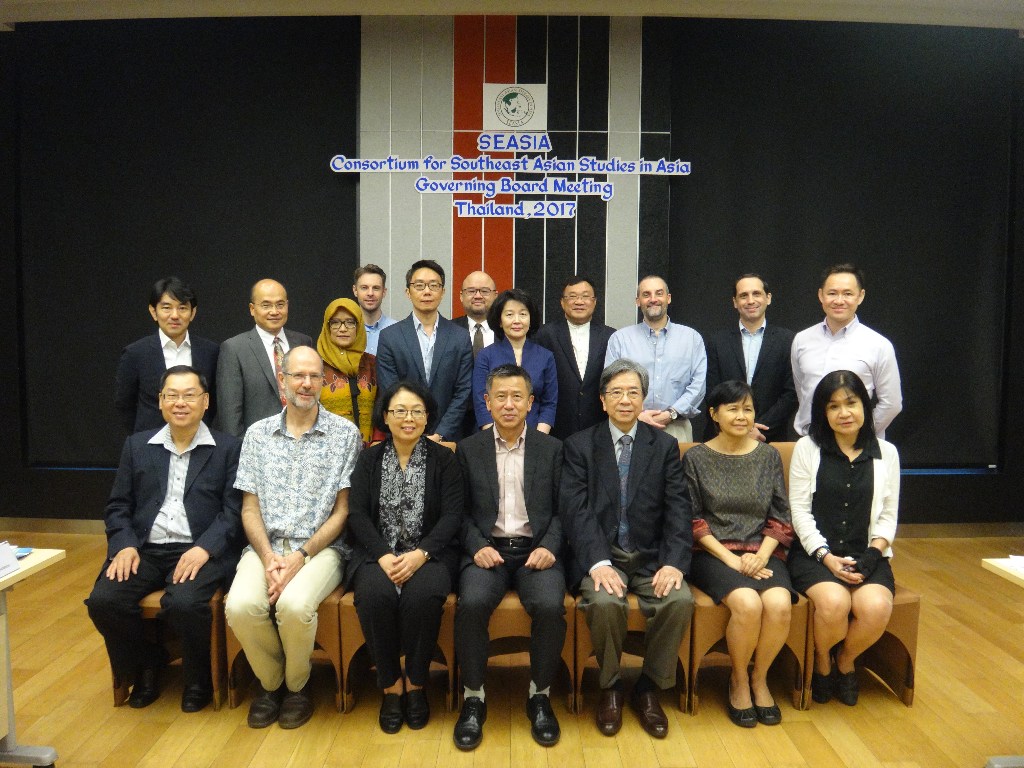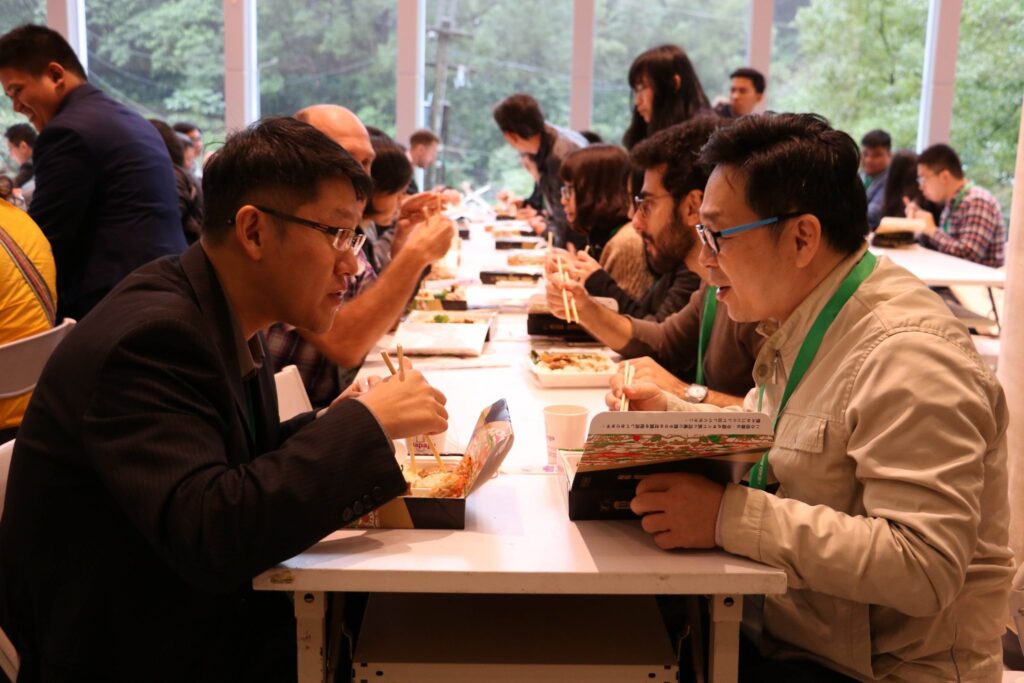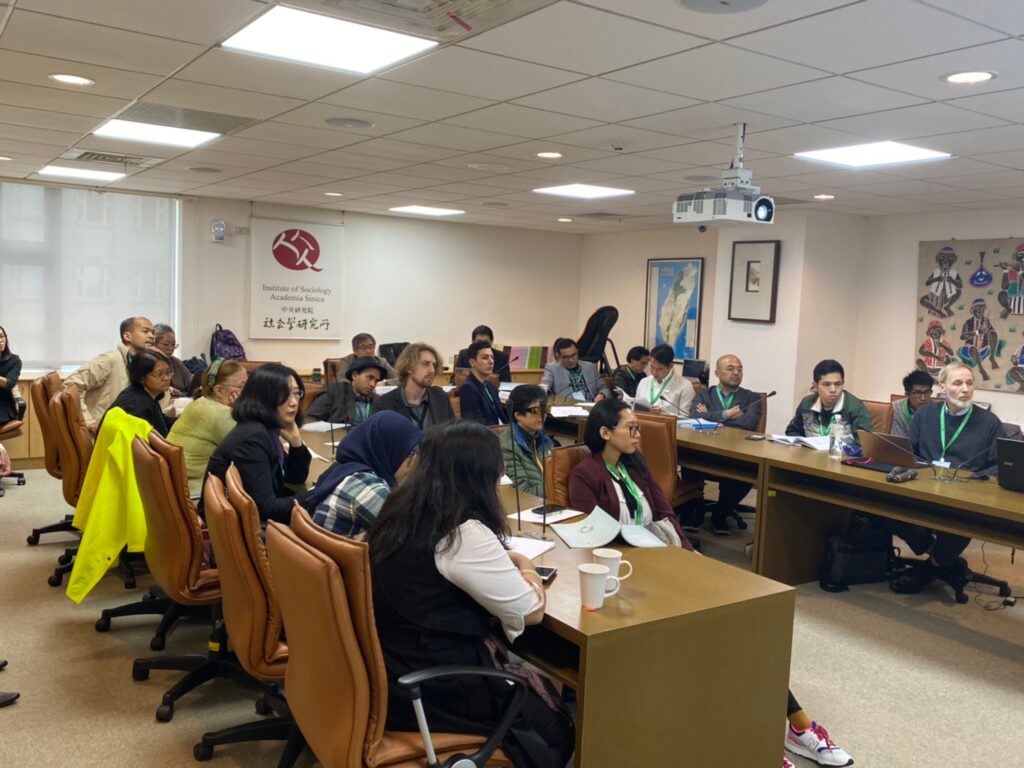Over the past few decades, in tandem with ever-deepening economic integration and increasing cross-border flows and movements of people, goods, ideas, and technologies, a number of leading organizations, communities, and individuals in East Asia (Northeast and Southeast Asia) have been initiating, cementing, and institutionalizing both regional and global linkages and collaborations at the governmental and non-governmental levels, particularly in business, academia, and the arts.

Network-style academic cooperation has become de rigueur among area specialists as well. Thus far, academic cooperation in the East Asia region has mainly taken the form of bundles of bilateral (or at most trilateral) exchanges and collaboration, involving great expenditure of time, energy, and funds. There are many overlaps in the thematic focus of conferences, symposia and workshops sponsored individually or jointly by area studies institutions. Some of the unintended consequences of this noodle-bowl phenomenon include intellectual fragmentation and segmentation even within one particular topic of “area studies.” Fragmentation and segmentation may actually impede the development of synergistic, inter- and multi-disciplinary, and comparative approaches to area studies –goals and endeavors that are in fact held and pursued in common by region-based scholars who are keen to promote area studies. In an era of budget cuts, it makes more sense for area studies institutions to work together.

The study of Southeast Asia is an integral part of Asian studies and is represented in various international academic meetings. There are many region-based institutions that have provided excellent platforms for promoting Southeast Asian studies. The establishment of a region-based consortium of Southeast Asian Studies aims to complement these regional and global efforts by linking these hubs into a cooperative venture. It will provide a multilateral regional forum in the form of annual meetings, along with smaller joint workshops or conferences; a system for sharing information about each other’s activities; opportunities for education and training of young and up-and-coming scholars -for promoting collaboration and exchanges among Southeast Asia- and other East Asia-based Southeast Asianists.
The Consortium seeks to connect institutions specializing in the natural sciences, social sciences, and humanities—for example, earthquake science and disaster management, medical research, urban studies, ecology, energy, resource management, industry specialists, creative industries—whose scholars have an interest in, and who work on or in Southeast Asia, but do not necessarily consider themselves as area studies specialists.

Logistically, it is more convenient and affordable for Southeast/East Asia-based scholars to meet and interact with each other in the region compared to traveling long distances and at huge expense to America and Europe (although this consortium welcomes the participation of American and European Southeast Asianists). Other places where Southeast Asian studies constitutes only one sub-regional branch of “area studies” among many other areas are subject to the vicissitudes of funding and institutional imperatives specific to the countries in which they are lodged. Yet, for scholars working on Southeast Asia who are based in East Asia, this “area” matters in geopolitical, economic, intellectual, institutional, social, cultural and affective terms, making it impossible to treat Southeast Asian studies as if this were something peripheral and external to what scholars, public intellectuals, policy-makers, and activists are doing in this region.
SEASIA seeks to promote Southeast Asian studies by linking the leading area studies institutions in the region in a cooperative venture to provide a multilateral forum for organizing academic meetings, seminars, workshops, and symposia. The main outlet for this endeavour is the SEASIA Biennial Conference, which is hosted by member institutions every two years.
